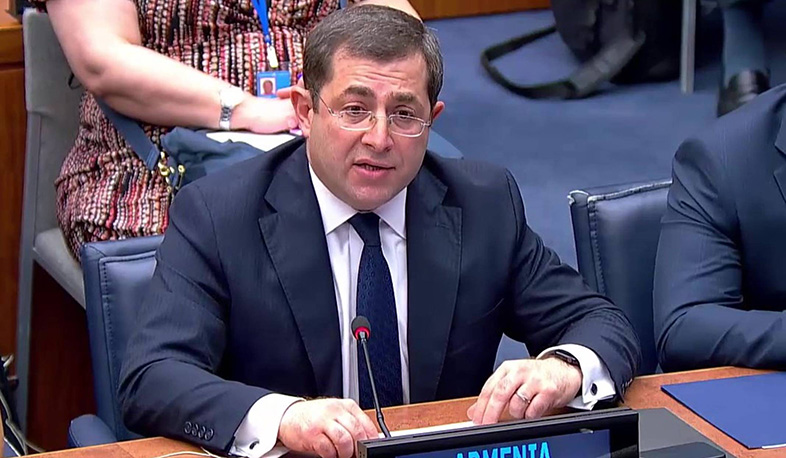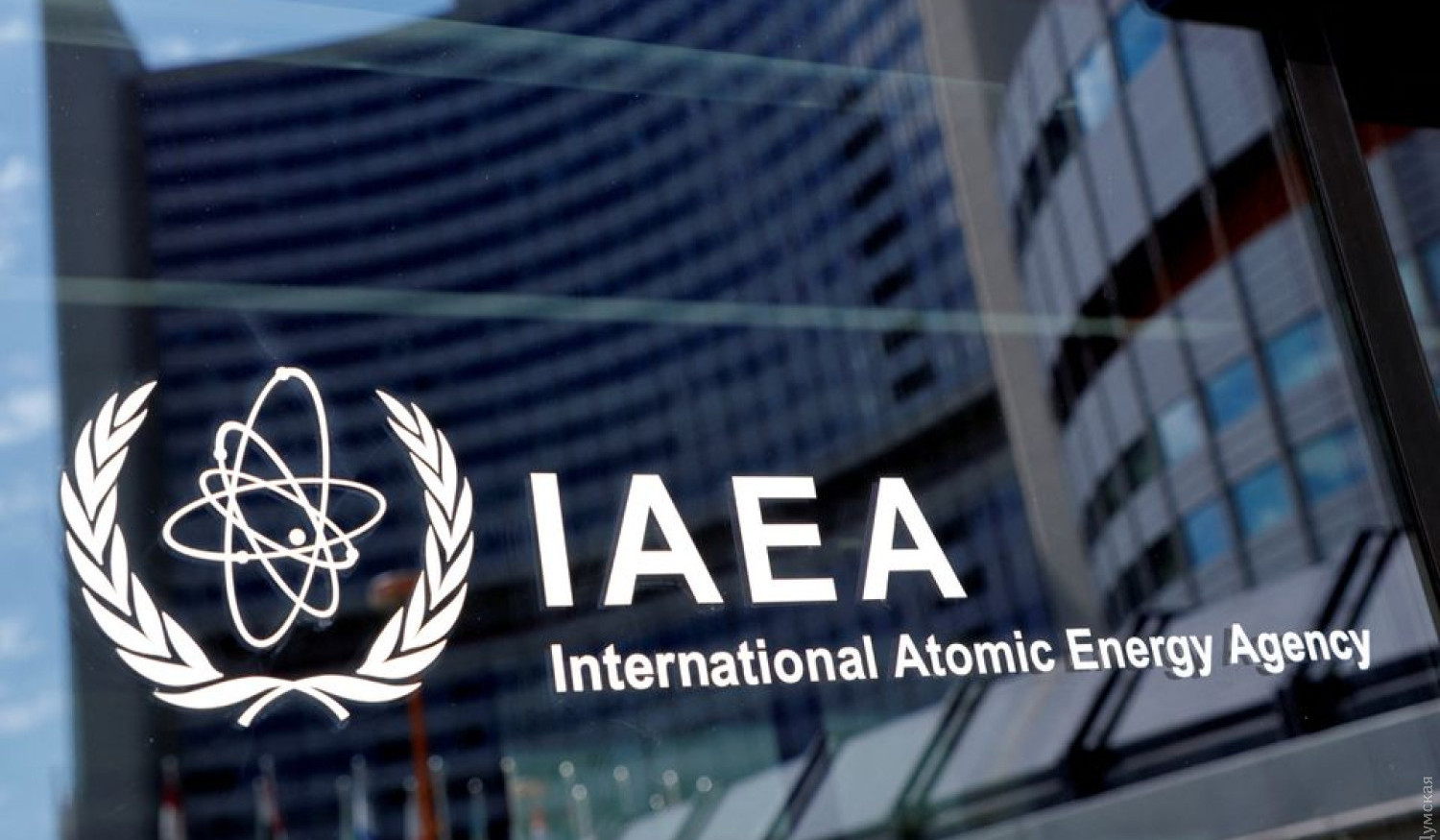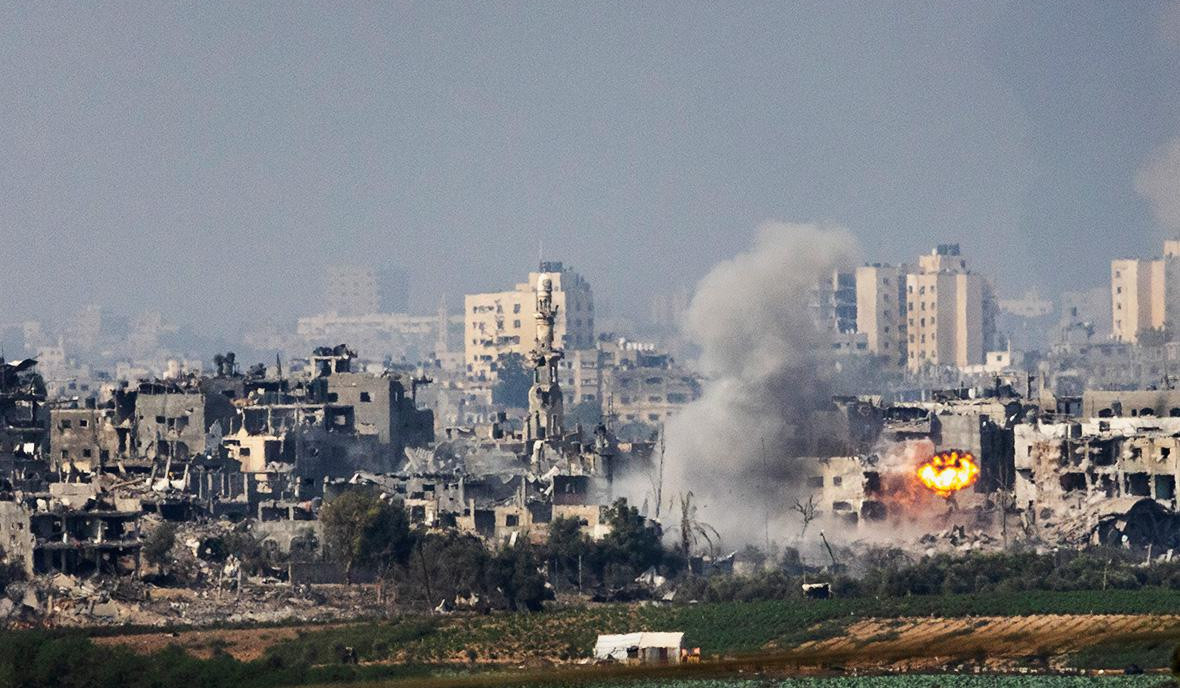Lack of adequate international reaction allowed Azerbaijan to pursue aggressive policies with impunity, Margaryan says at UN

The lack of adequate reaction from the relevant international and regional structures and strong measures in response to the clear incompliance of Azerbaijan with its legally binding obligations allowed the latter to further pursue its aggressive policies with impunity, Armenia’s permanent Representative to the UN, Ambassador Mher Margaryan said in a statement at the UNGA78 First Committee General Debate, Armenian Permanent Mission at UN reports.
Margayran’s full statement is below:
Mr. Chairman,
I would like to congratulate you and the members of the Bureau on assuming the leadership of the First Committee during the 78th session of the UN General Assembly and to assure you of Armenia’s full support to your efforts in guiding the work of the Committee through these challenging times.
The international security architecture continues to bear the detrimental impacts of strategic instability, erosion of arms control mechanisms, constant increase of military expenditure worldwide and weaponization of newly emerging domains. The unwavering commitment towards arms control, disarmament and non-proliferation remains as crucial as ever.
Throughout years, Armenia has been committed to the implementation of the legally binding Treaty on the Conventional Armed Forces in Europe and the Vienna Document on Confidence- and Security-Building Measures. However, the integrity of the Conventional Arms Control Regime in our region has been seriously undermined due to the systematic, intentional and massive violations of its core provisions by Azerbaijan.
The well-established records of non-compliance of this country with treaties and regimes in the area of conventional arms control, unnotified large-scale military exercises, uncontrolled military buildup and consistent refusal to implement confidence and security building measures in the framework of regional arrangements have demonstrated a clear intent of instigating further military aggression in our region.
The lack of adequate reaction from the relevant international and regional structures and strong measures in response to the clear incompliance of Azerbaijan with its legally binding obligations allowed the latter to further pursue its aggressive policies with impunity.
Very recently, during the UNGA High-Level week on 19 September Azerbaijan unleashed yet another large-scale offensive against Nagorno-Karabakh, in blatant violation of the international law and Trilateral Statement of 9 November 2020 on the cessation of hostilities. The entire territory of Nagorno-Karabakh, including its capital Stepanakert and other cities and villages came under intense and indiscriminate shelling with use of missiles, heavy artillery, combat UAVs and aviation, including prohibited cluster munitions. Hundreds of people were killed, including civilians and children, critical infrastructure has been damaged. This aggression further exacerbated the humanitarian crisis that the people of Nagorno-Karabakh had been facing since the blockade of the Lachin Corridor last December, intentionally using starvation of civilians as a method of warfare in blatant violation of international law and in total disregard of the orders of the International Court of Justice. Within only a week this barbaric policy of ethnic cleansing forced over 100.000 people to flee their homes in Nagorno-Karabakh.
Mr. Chairman,
There is no shortage of evidence indicating the premeditated and well-planned character of the large-scale aggression. It was preceded by a heavy military buildup by Azerbaijan along the line of contact with Nagorno-Karabakh and the state border with Armenia, and accumulation of offensive heavy weaponry, including artillery, multiple rocket launchers, mortars and combat uncrewed aerial vehicles. The preparations for the current aggression were accompanied by a massive disinformation campaign, spreading false allegations about the so-called provocations by Nagorno-Karabakh, which have regularly been refuted. As was the case in 2020, the indiscriminate targeting of civilians and civilian infrastructure often with prohibited weapons served to a spread terror and inflict maximum causalities amongst population.
The policy of ethnic cleansing in Nagorno-Karabakh, the use of force and attempts to instigate new large-scale conflict and destabilize the regional security received a clear condemnation by many member states and institutions.
On 22 September 2023, the Special Advisor of the UN Secretary-General on the Prevention of Genocide issued a statement stressing that “Military action can only contribute to escalate what is already a tense situation and to put the civilian population in the area at risk of violence, including risk of genocide and related atrocity crimes. All efforts need to be made to prevent violence and sustain peace”. Every responsible member of the international community should take this into consideration while contemplating any arms trade deal with this country. The aggressor must be held accountable and those, who enable them to further unleash new attacks and commit more atrocity crimes, should face justice as well.
Mr. Chairman,
Armenia reaffirms its strong commitment to the global efforts in the areas of disarmament, non-proliferation and arms control. In this regard, we attach great importance to the full and universal implementation of the legally binding international obligations, effective national implementation measures, as well as transparent and result-oriented international cooperation to this end.
Unchecked military buildup accompanied by open threats represent warning signs of a risk of escalation and, therefore, should be closely monitored and assessed by the international organizations, including by the missions on the ground. As we collectively seek to develop a New Agenda for Peace, the strengthening of the monitoring, fact-finding and reporting capacities of the United Nations is crucial for timely identifying the risks of dangerous escalation and prevention of further atrocities.




